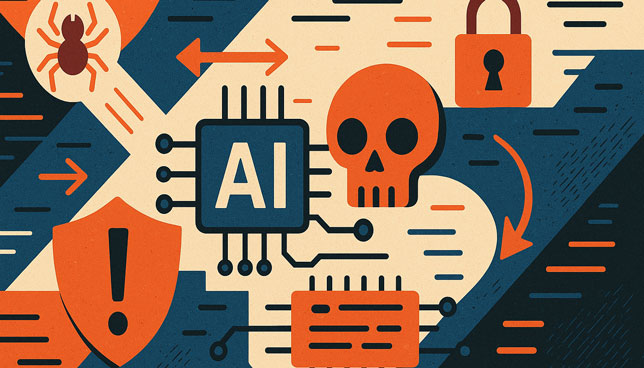
A new report from Backslash Security has identified significant security vulnerabilities in the Model Context Protocol (MCP), technology introduced by Anthropic in November 2024 to facilitate communication between AI agents and external tools.

IBM has introduced a new software stack for enterprise IT teams tasked with managing the complex governance and security challenges posed by autonomous AI systems.

According to a recent report from cybersecurity firm Wiz, nearly nine out of 10 organizations are already using AI services in the cloud — but fewer than one in seven have implemented AI-specific security controls.

The Cloud Security Alliance has unveiled a new artificial intelligence-powered system that automates the validation of cloud service providers' (CSPs) security assessments, aiming to improve transparency and trust across the cloud computing landscape.

A recent report from OpenAI identifies the misuse of artificial intelligence in cybercrime, social engineering, and influence operations, particularly those targeting or operating through cloud infrastructure. In "Disrupting Malicious Uses of AI: June 2025," the company outlines how threat actors are weaponizing large language models for malicious ends — and how OpenAI is pushing back.

According to a recent CoSN survey, most school districts (61%) do not have dedicated funding to keep networks and data secure, instead relying on general funds to pay for cybersecurity efforts.

A recent Varonis data security report notes that excessive permissions and AI-driven risks are leaving cloud environments dangerously exposed.

Here are six good starting points for K-12 districts that want to improve their cybersecurity mitigation strategies and take a more proactive approach to mitigating risk.

A recent report from Microsoft reinforces warns of the critical role Active Directory (AD) domain controllers play in large-scale ransomware attacks, aligning with U.S. government advisories on the persistent threat of AD compromise.

Global IT leaders are planning to spend more on generative artificial intelligence than cybersecurity in 2025, according to new research by Amazon Web Services (AWS).